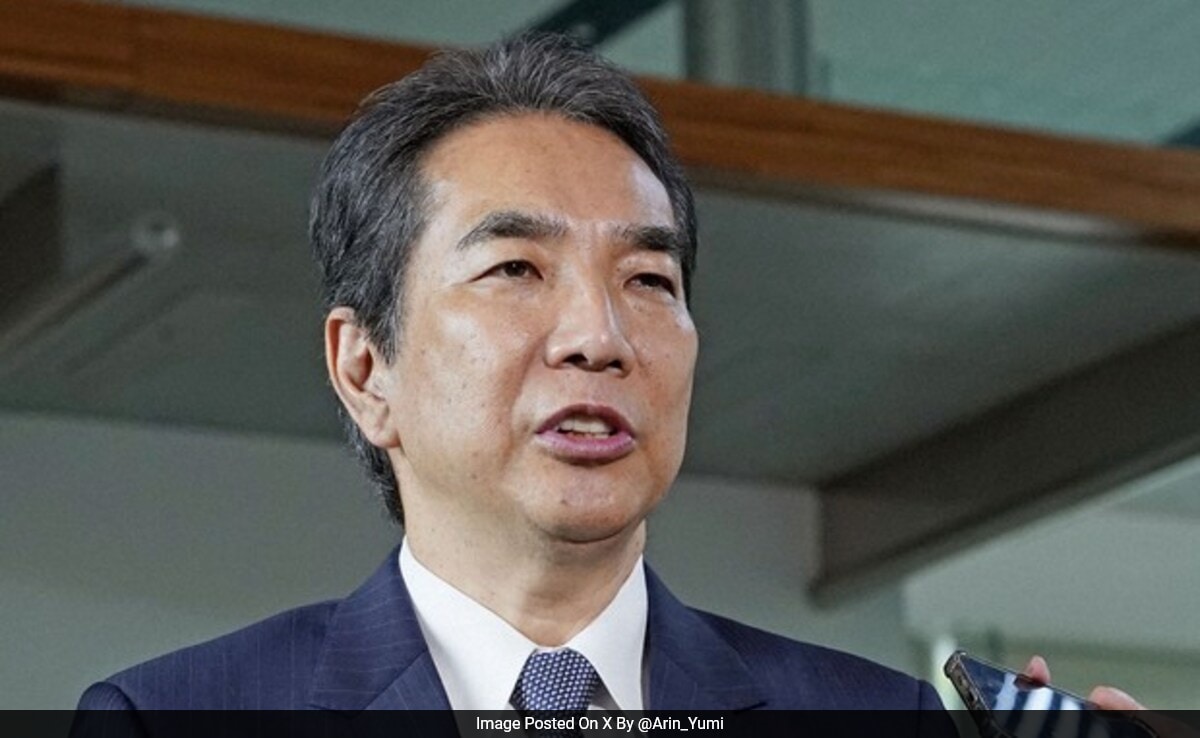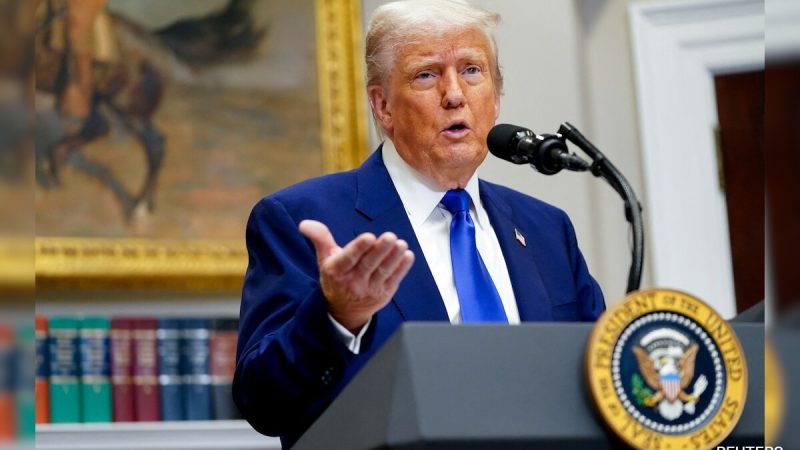Japan Minister Quits After Saying He Doesn't Buy Rice, Gets It "For Free"

New Delhi:
Japan’s agriculture minister, Taku Eto, resigned on Wednesday following widespread uproar over his insensitive comment about receiving rice as gifts.
The agriculture minister said he always relied on rice as gifts from supporters and never purchased it on his own.
His statement over the country’s traditional staple food drew public outrage, and he faced pressure to step down.
The minister initially expressed sympathy for the “hardship” that customers were going through after the government released over 300,000 tonnes of rice from emergency stockpiles earlier this year in an attempt to lower costs.
During a fundraiser by the Liberal Democratic Party, he said that he had “never bought rice myself since my supporters donate so much to me that I can practically sell it.”
Several Japanese perceived Mr Eto’s statements as far removed from economic realities.
“I made an extremely improper remark at a time when consumers are struggling with soaring rice prices,” Mr Eto said after he handed in his resignation at the prime minister’s office, the Associated Press reported.
“I submitted my resignation to Prime Minister Ishiba,” Mr Eto told The Guardian.
The minister’s blunder came in the middle of a growing political challenge against Prime Minister Shigeru Ishiba’s government ahead of the next elections. Japan struggles with rice shortages spurred by poor harvests and rising production costs.
Mr Eto’s resignation has heightened pressure on Ishiba, who has infuriated voters ahead of the July upper house elections by failing to control skyrocketing rice prices and address a broader crisis of cost of living.
The prices of rice at supermarkets increased to a record 4,268 yen (Rs 2,543) for 5 kg in the week ending May 11 from 4,214 yen (Rs 2,511) the week before. This was about twice the price in 2024, according to reports.
According to the most recent statistics from the agricultural ministry, the government has released tonnes of rice from its emergency stockpile, but the action has had little effect. Cheaper imported rice is now available at several supermarkets.
According to a recent Kyodo survey, 87 per cent of participants expressed dissatisfaction with the way the government has handled rice pricing, and Ishiba’s cabinet’s approval ratings have fallen to their lowest levels since he took office in October.
Several factors have been cited for Japan’s rice shortage, including low harvests due to hot weather in 2023 and impulse purchases in response to a 2024 “megaquake” prediction. It is also believed that distributors and wholesalers are stockpiling rice in case of any more shortages.






